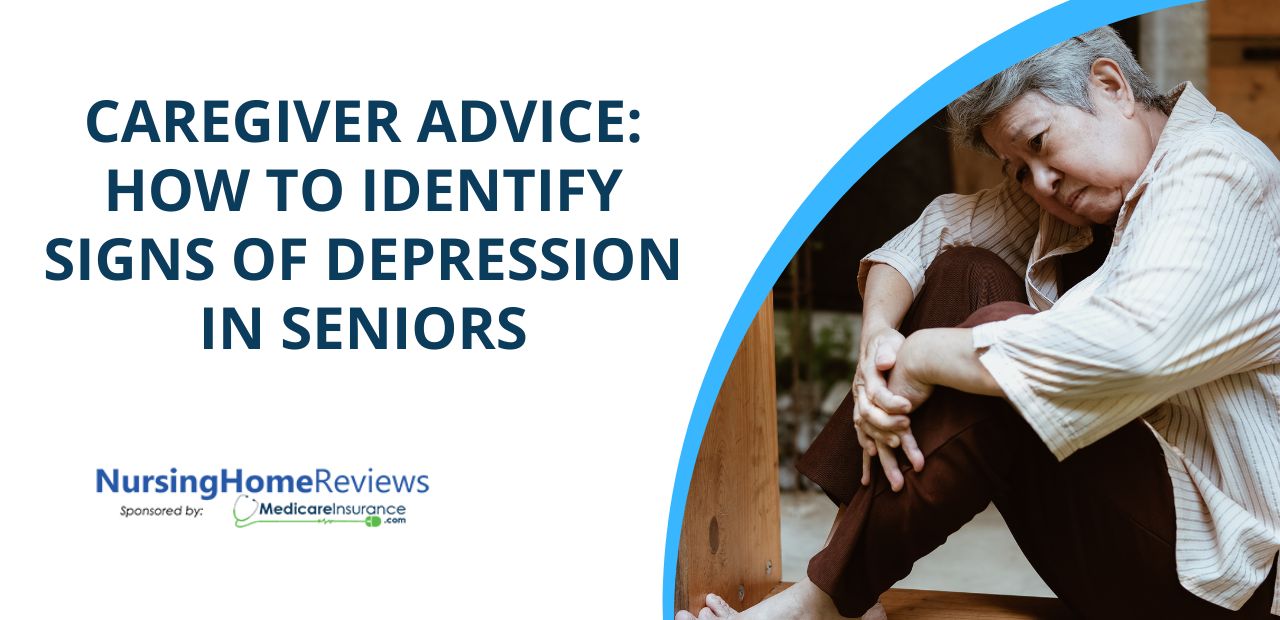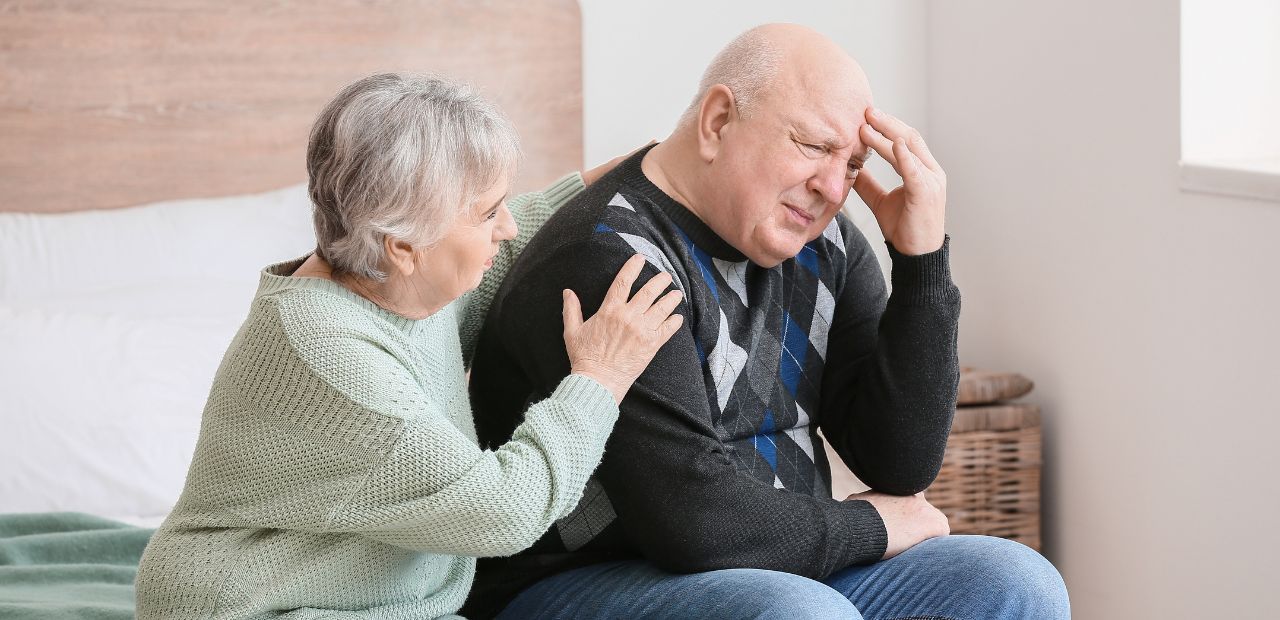
The Signs of Depression Aren’t Always Obvious
Your senior parents likely come from a generation where struggles were kept quiet. Unlike your generation, or even the generations before you, your senior loved ones were probably taught that telling others “your woes” did no one any good. Sadly, in today’s climate, your loved ones are probably dealing with more “woes” than you know.
It’s very possible that your senior-aged loved ones are, on some level, dealing with depression. What’s scary is that you may never know about it until something severe happens. You may think it’s easy to recognize telltale signs of depression in seniors, but this isn’t always the case.
Some signs of depression are very easy to see. Others take a little bit of questioning and discovery before your loved ones will let you know that something’s going on.
Here at Nursing Home Reviews, we strive to give the best possible advice for caregivers to help you better understand and care for the conditions your loved ones face in their senior years. In this edition of Caregiver Advice, we’re going to help you learn how to identify the signs of depression in seniors.

How Can Depression in Seniors Look to Someone Else?
Some will tell you that the signs of depression are very easy to spot. While this is true in some instances, your senior loved ones may give no outward indication that something’s going on. In fact, a senior with depression may, at times, seem like the happiest, most jovial person in the room.
There are always red flags, though, that indicate that dark feelings may be hiding behind that happy exterior. When you’re trying to find out whether a senior loved one is suffering from depression, you must be able to identify red flags that are obvious, and others that are not so obvious.
Some of the most obvious signs that your senior loved one is suffering from depression or some other senior mental health issue include:
- An overwhelming sense of sadness
- Feelings of despair
- They’re no longer interested in socializing with others
- They find no enjoyment in their hobbies anymore
- They feel helpless or hopeless
- They mention feeling like a burden
- They mention feeling worthless or unwanted
- They neglect personal care needs (i.e. they skip meals or refuse to bathe)
- They mention having thoughts of suicide
So, how, then, do the least obvious signs of depression look? You may not always see them, but your loved ones may bring them up as a concern. If you notice any of the following, your senior loved ones may be suffering from depression or other senior mental health issues:
- Unexplained or increased aches and pains
- Sudden weight loss or loss of appetite
- Sudden weight gain or increase in appetite
- Disturbances in their sleep patterns
- Their movement or speech seems slower than usual
- They show an unusual fixation with death
Another sign to look out for that may not be as obvious is increased alcohol or drug use. Let’s say your loved one never drank or used drugs before. A sudden need to have a drink to relax, or to use other substances to unwind, may point to depression.
Once you’re able to recognize the signs of depression in your loved ones, it’s important to act. However, this requires a delicate touch. While you want your loved one to get help, mentioning seeing signs of depression in them may cause a harsh reaction.
Let’s look at how you can encourage a senior to get mental health treatment without sparking an angry reaction.
Find nursing homes near you that offer senior mental health services.
Start your search today.

Helping Seniors Deal With Depression
Severe clinical depression in seniors has been a trend for so long that it almost seems like a normal part of aging. However, it’s important to note that depression is actually not a regular part of growing older. If you recognize the signs of depression in a senior loved one, it’s important to start helping them manage it as soon as possible before it gets worse.
One of the most obvious solutions for helping seniors deal with their depression is to help them find a mental health care provider. Severe cases of senior depression may require specialized mental health intervention, such as finding a Psychiatrist who can provide seniors with cognitive behavioral therapy (CBT) and prescription medications to manage their condition.
In any case, helping your loved one find a therapist that can help them talk through their feelings can provide relief. Other holistic therapies, such as meditation, proper diet, and regular exercise, can greatly reduce feelings of depression in seniors. Seniors with mild or moderate depression may also opt to speak with a Psychiatrist to receive medical intervention in addition to holistic and talk therapies.
Protecting Senior Mental Health is Important to Their Overall Well-Being
Just as it’s important for seniors to take care of themselves physically, managing senior mental health is just as vital, if not more so. When senior mental health is in a good place, physical well-being will also typically follow suit.
At Nursing Home Reviews, it’s our mission to help provide advice for caregivers who are dealing with issues of aging in your loved ones. Depression in seniors is a very serious issue. However, by recognizing the signs of depression and providing early intervention, it’s an issue that can be managed fairly easily.
Make sure your loved ones have access to proper senior mental health care in their new home.
Check ratings and violations.





